
Research Newsletter - Issue 90: Spotlight
Climate change is one of the defining challenges of our era, and one which is looming ever larger as the effects of extreme weather and biodiversity loss become more and more apparent. The sheer scale of the issue can be overwhelming, as each day we read new stories about new ways in which the crisis is taking hold. It is clear that we need quick and co-ordinated action on a large scale.
Dublin City University is at the forefront of climate related research in a wide range of disciplines. Many researchers, leaders in their field, have identified specific issues and innovative solutions. These projects are highly impactful in themselves, but together the sum of research in this area at DCU, which is home to the Water Institute and the Centre for Climate and Society, points to a future in which we could live more sustainably, legislate for our new reality, and limit climate change’s worst effects.
This month’s research spotlight examines just a few examples of this work.
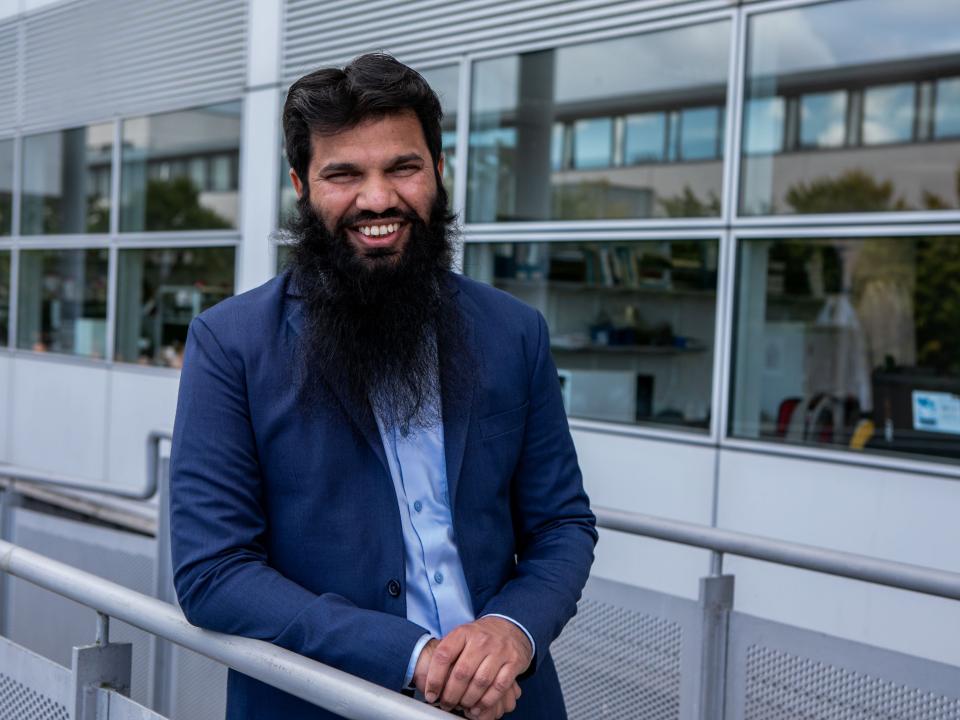
Dr Inam UI Ahad (School of Mechanical & Manufacturing Engineering)
Sustainable Building Management
Dr Inam Ul Ahad and Dr Reihaneh Aghamolaei (both from the School of Mechanical & Manufacturing Engineering) are leading a multi-disciplinary project dedicated to advancing the management of buildings lifecycle data. With Blockchain expertise from the School of Computing’s Dr Irina Tal, this project seeks to streamline static and dynamic data related to building information, aiming to create a unified digital platform. Currently, information about building construction and operations is fragmented, existing as either physical documents or dispersed digital files without a centralised repository.
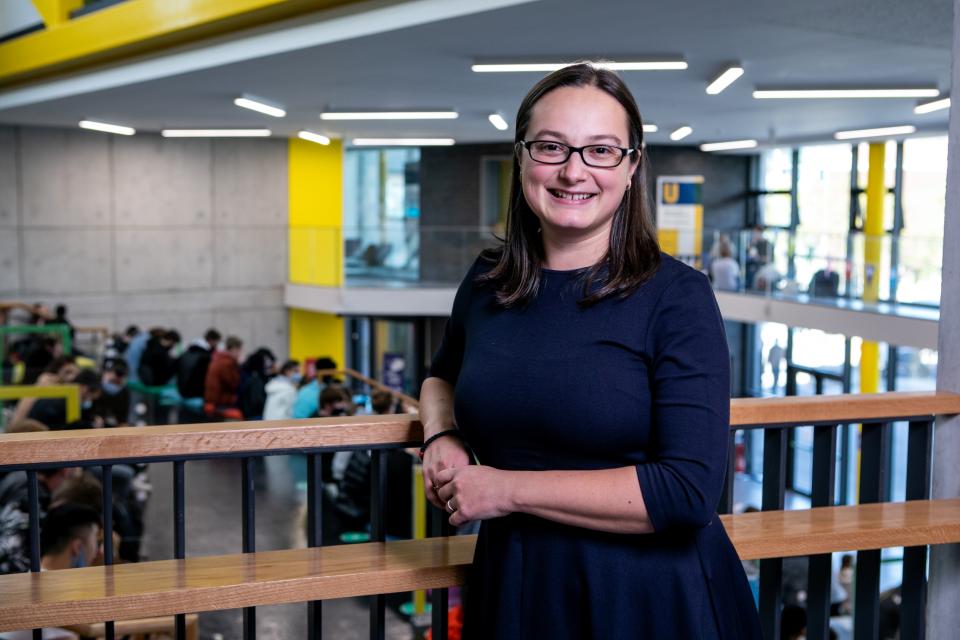
Dr Irina Tal (School of Computing)
The Digital Building Logbook, a key component of this project, is designed to securely store both static and dynamic data within a blockchain-enabled network. This innovative approach will enhance accessibility to data and promote sustainable practices in terms of maintenance and energy management, setting a new standard for excellence in building circularity.
Dr Ul Ahad is also leading a project looking at defining Ireland’s first list of critical raw materials, which are fundamental to the economy. This list could be crucial for sustainable growth of the economy and will soon be published at the conclusion of the EPA funded project.
Future Water Systems and Management
The consequences of failing to address the world’s water management issues, or crucially picking the wrong solutions, could be dire. Interactions between humans and nature are incredibly complex, and this must be taken into account in future decision making. Dr Jimmy O’Keeffe’s (School of History & Geography) recent research has real policy implications which could shape our response to a wide range of now annual water related events.
Research jointly published by Imperial College London and Dublin City University in Nature Sustainability recommends a whole systems approach to avoid unintended consequences when addressing these challenges. The team calls for a more integrated approach, highlighting the importance of considering environmental capacity in decision making. This is particularly important when designing responses to water related issues such as flooding, where the tendency to forge ahead with a particular solution is particularly strong.
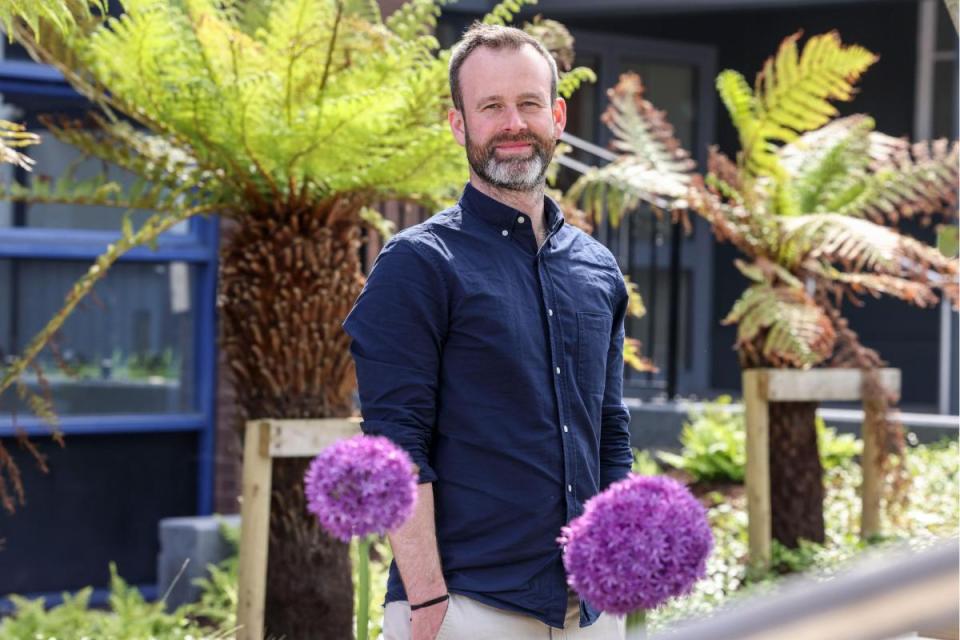
Dr Jimmy O’Keeffe (School of History and Geography)
“As a society we face extremely complex challenges including climate change, an increasing population and a reduction in resources that are critical for our survival. Understanding the links and feedback between humans and the natural environment is critical to our long term sustainability.” - Dr O’Keeffe
Repurposing Clothing As Insulation
What if we could take old clothing, made from fossil fuels, and turn it into external insulation for Irish houses. The deceptively simple idea for this SFI challenge project first came to Dr Susan Kelleher (School of Chemical Sciences) when she was teaching polymer chemistry to undergraduate students in 2022.
Having just insulated her own home, Dr Kelleher wondered whether old clothes could be converted into household insulation, given that she understood that polymers in textiles weren’t fundamentally all that different from those used in insulation. This concept forms the basis of the project on which Dr Kelleher is collaborating with her colleagues at Grain 4 Lab, Dr Jennifer Gaughran (School of Physical Sciences), and Dr Ruairí Brannigan (School of Chemical Sciences).
“We want to see whether we can use these atoms to make the kind of foam that is used to make hard external insulation foam, which we use on buildings in Ireland today,” said Dr Kelleher.
“The insulation material will be benchmarked against other materials in the industry, and we’ll be asking the industry players what they would need to have as starting materials for their foam products.”
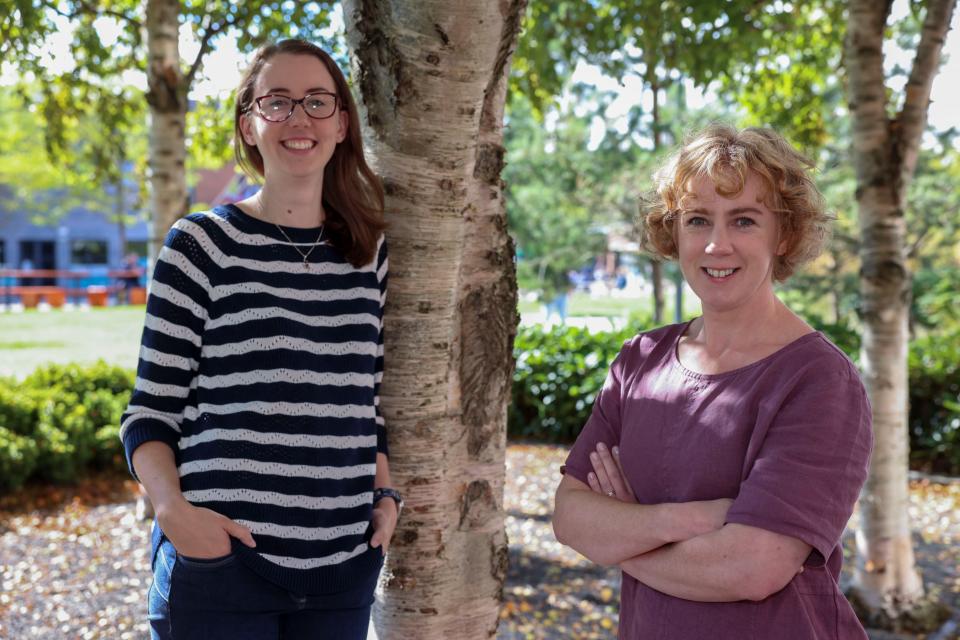
Dr Jennifer Gaughran (School of Physical Sciences) and Dr Susan Kelleher (School of Chemical Sciences)
The project will involve taking end of life textiles, which have been used and discarded and would normally be incinerated or put into landfill here or overseas. Claire Downey, based at the Rediscovery Centre in Ballymun, is also involved in the project and brings her experience in the field of textile recycling.
Policy Analysis: Climate Adaptation In Ireland
Dr Danny Marks (School of Law & Government) and Dr Darren Clarke (School of History & Geography) are breaking new ground with a research project analysing climate policy.
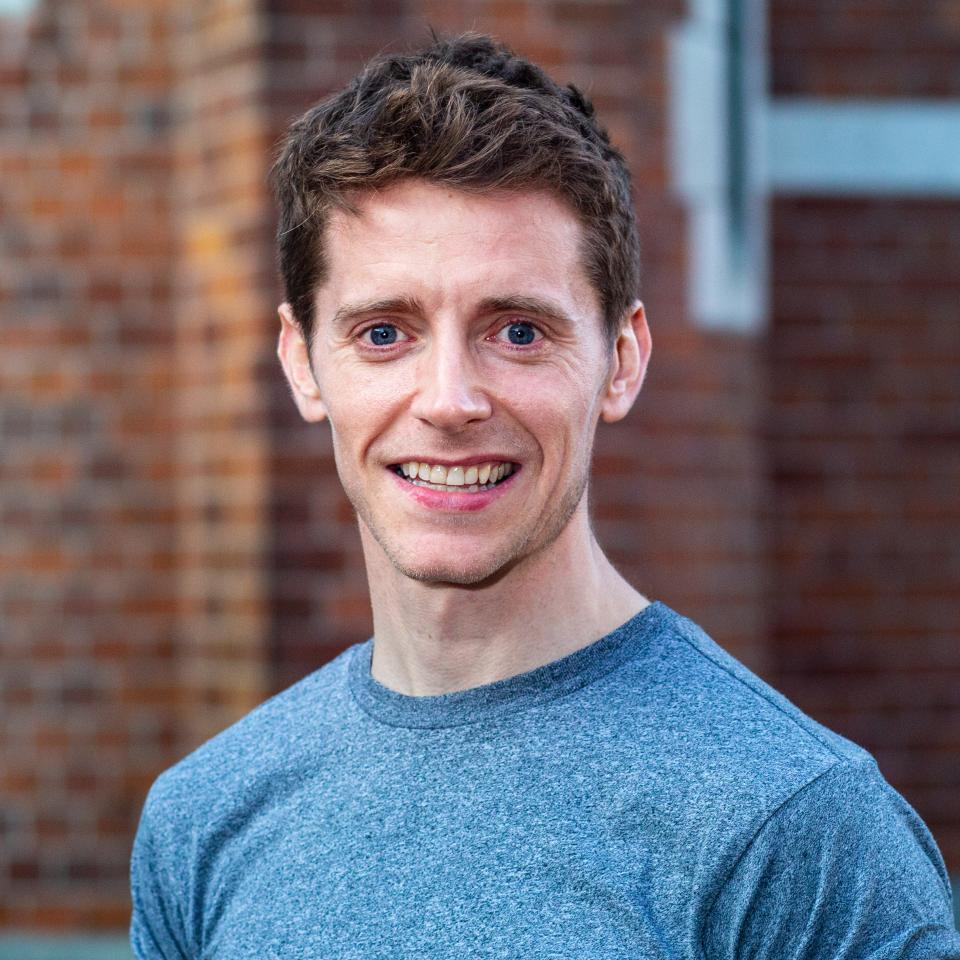
Dr Darren Clarke (School of History and Geography)
Their EPA funded project examines potential barriers to climate adaptation progress in Ireland.
Drs Marks and Clarke are using political economy analysis to examine the barriers that impede adaptation policy. It will make a specific focus on those sectors exposed to water-related risks, and identify opportunities for policy reform and implementation, which is a novel approach to the subject.
Dr Marks’ research in general examines the inequalities exposed by the advance of climate change in urban environments. Two of recent his research papers have used political ecology, an approach that critically interrogates how and why economic structures and power relations drive environmental change.
“It is estimated that 55% of the global population live in urban areas and, according to UN projections, the global urban population is expected to reach 68%, or 6.5 billion, by 2050. Consequently, a higher concentration of people and assets are located in cities and will be exposed to climate-related disasters when they occur. Poor urban planning and governance in many developing countries have weakened their resilience to these risks” - Dr Marks
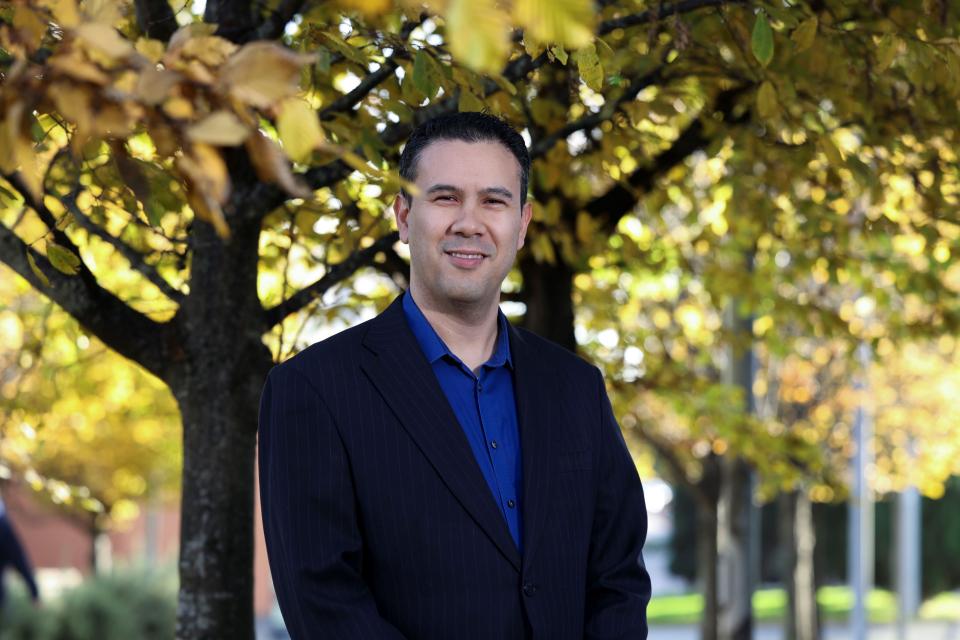
Dr Danny Marks (School of Law and Government)
Focusing on Bangkok, Dr Marks has examined the disproportionate effects of extreme heat on poorer communities, and the impact of coastal erosion and wastewater intrusion on aquaculture farmer’s livelihoods.
These are just a selection of the climate change-focused projects that members of the research community at DCU are working on. As the challenges posed by the climate crisis increase, these projects will only grow in significance.
